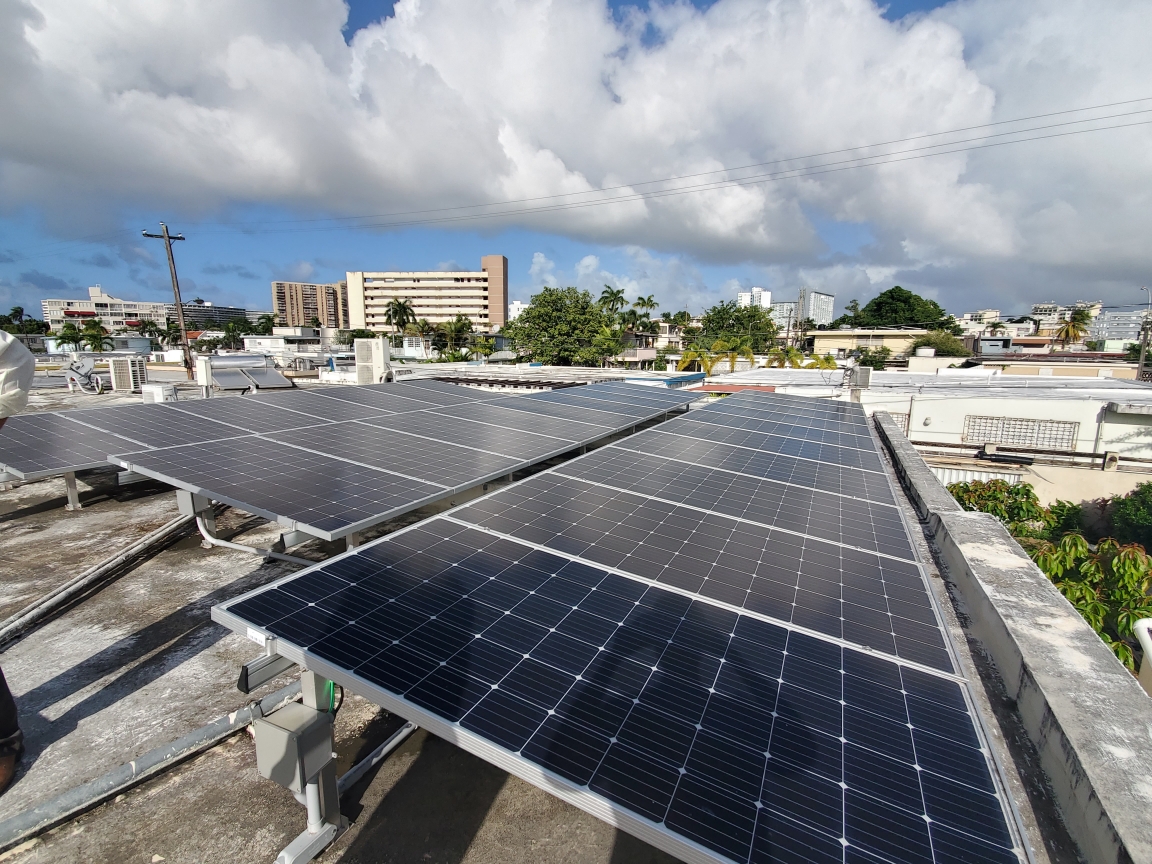IEEFA testifies on Puerto Rico Electric Power Authority $9 billion debt restructuring plan

Key Takeaways:
An oversight board plan to resolve the Puerto Rico Electric Power Authority’s debt crisis is not feasible, according to IEEFA testimony.
The plan to repay $5.68 billion of $9 billion in debt would result in double-digit rate increases for ratepayers on the island.
Puerto Rico electrical rates are already twice the U.S. average, even though its median income is less than half of the poorest state in the nation.
A transition to renewable sources of energy is desperately needed. The island is hostage to rising costs of fossil fuels, which provide 97% of its power supply.
May 1, 2023 (IEEFA) — A plan proposed to resolve the Puerto Rico Electric Power Authority (PREPA) debt crisis is not feasible, IEEFA Director of Financial Analysis Tom Sanzillo said in April 28 testimony to the United States District Court for the District of Puerto Rico.
The bankruptcy of PREPA, with more than $9 billion in unpaid bond debt and other obligations, represents one of the largest municipal debt restructurings in the United States. The Financial Oversight and Management Board for Puerto Rico (FOMB) has proposed a plan that would repay $5.68 billion of the bond debt over the next decades through the imposition of new, double-digit rate increases.
Puerto Rico’s electrical rates, however, are already above 26 cents per kilowatt-hour (kWh)—more than twice the United States average—and the island’s median income is less than half of the poorest U.S. state. Meanwhile, the island’s grid continues to be fragile, with billions of dollars of investment needed to restore its ability to provide reliable service.
Sanzillo’s testimony on behalf of the Unión de Trabajadores de la Industria Eléctrica y Riego Inc. (UTIER) finds that the FOMB’s plan underestimates the future capital and operational needs of the electrical system and overestimates the rate that the economy is able to support.
“Once these factors are taken into account,” Sanzillo said, “there is no headroom to support repayment of the legacy debt through rates.”
In 2018, the FOMB established a goal of rates less than 20 cents/kWh to be achieved within five years. But five years later, rates are even higher than they were in 2018, and the FOMB’s proposal will keep rates far above the previous 20 cents/kWh goal.
“Historically and currently, under such conditions, PREPA has been unable to execute the operational reforms and transformation to renewable energy needed to ensure reliable and affordable electrical service,” Sanzillo testified.
A transition to renewable energy is essential to lowering and stabilizing rates, given that 97% of PREPA’s electricity is generated from imported fossil fuels, and fuel costs recently have risen to more than 60% of operating costs.
Implementation of the proposal would continue to postpone the transformation to an affordable and reliable electrical system. As a result, Sanzillo said, the island “will continue to suffer from unacceptably poor, life-threatening electricity service.”
“The purpose of a bankruptcy proceeding is to provide a fresh start. This plan of adjustment is not a fresh start; it is the same old quagmire wrapped in different paper,” said Sanzillo.
The United States District Court for the District of Puerto Rico will conduct a hearing on the plan in late July.












